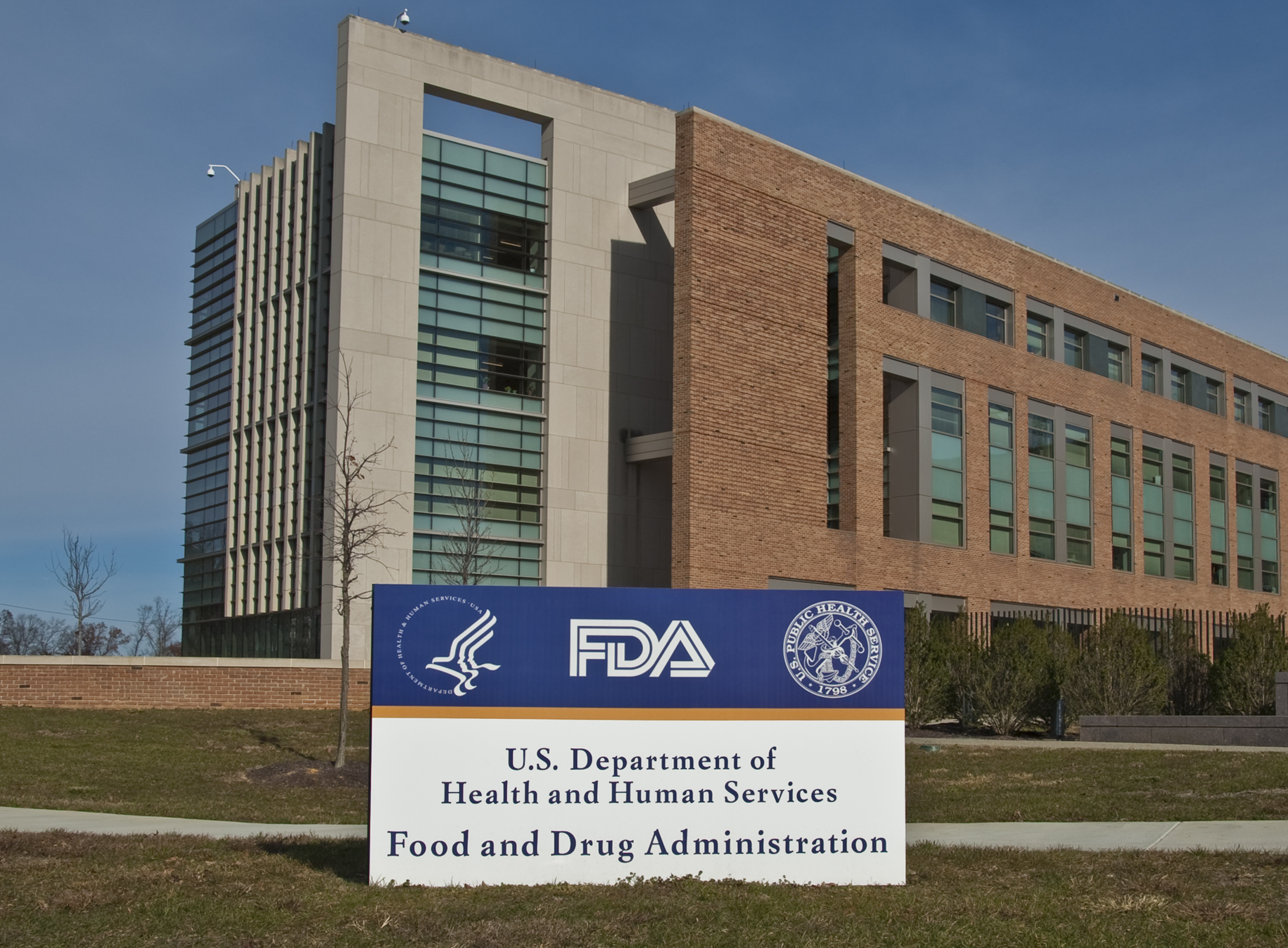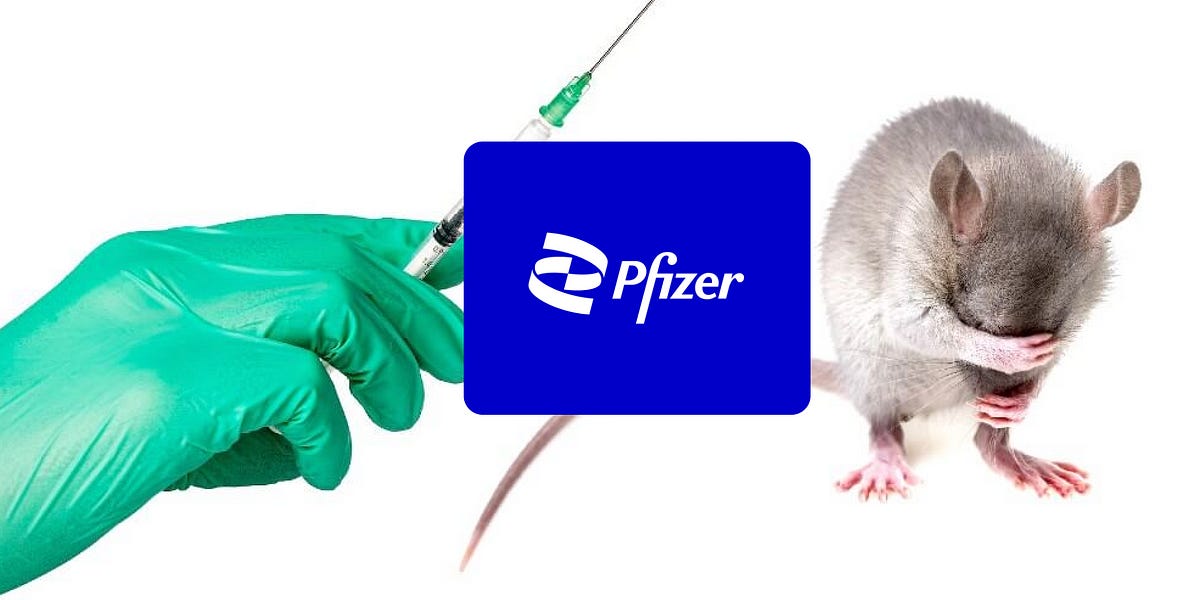The transition from federal regulatory positions to high-profile roles within pharmaceutical companies has once again come under scrutiny. This investigative review by the British Medical Journal (BMJ) sheds light on the notable movement of former U.S. Food and Drug Administration (FDA) officials into the corridors of Big Pharma immediately after their pivotal involvement in greenlighting Covid vaccines.
Revolving Door Revelations: Echoes of Past Controversies
The narrative resonates eerily with historical cases, notably that of Curtis Wright IV, a former FDA figure instrumental in greenlighting the opioid OxyContin for Purdue Pharma in 1995. Wright's swift departure to Purdue Pharma following the FDA's approval contributed directly to the devastating opioid crisis in America.
The recent BMJ investigation, however, hints at a parallel scenario surrounding the approval of Covid shots, particularly Moderna's mRNA injection.
Unveiling Disturbing Parallels: FDA and Moderna Nexus
The investigation unraveled a striking coincidence wherein two high-ranking FDA officials involved in vaccine oversight transitioned into positions at Moderna shortly after endorsing the company's COVID-19 vaccine.
Their pivotal roles in approving these vaccines for public use aligned conspicuously with their subsequent lucrative appointments within Big Pharma. Notably, this transition heralded unprecedented profits for pharmaceutical giants, marking an unsettling trend.
Exposing the Nexus: Key Players and Their Roles
DR. Doran Fink emerges as a central figure, boasting over 12 years of FDA involvement in vaccine regulation. His ascent from a clinical reviewer to Deputy Director within the FDA's Division of Vaccines underscores his influence in infectious disease-related projects.
Dr. Fink's vocal role during the pandemic in recommending and regulating Covid vaccines, both within FDA circles and in advising committees, elucidates his pivotal position in the approval process.
Unraveling the Pattern: Transition to Corporate Pharma
Fink's departure from the FDA in 2022 to helm Moderna's "Translational Medicine and Early Clinical Development, Infectious DIseases" department points to a concerning trend of federal health officials migrating to high-paying roles within corporate pharmaceutical entities.
Dr. Jaya Goswami's similar trajectory, transitioning from an FDA medical officer overseeing vaccine clinical development to a role at Moderna, mirrors this disconcerting pattern.
The Ethical Quandary: Revolving Door Concerns
This cyclic migration from regulatory bodies to the corporate sphere raises pertinent questions about conflicts of interest and regulatory impartiality. The ethical implications of such transitions, particularly during periods of significant regulatory decisions, cast a shadow over the integrity of regulatory processes.
Calls for Ethical Reform: Cooling-off Periods and Transparency
Experts advocate for a mandated "cooling-off period" to mitigate potential conflicts arising from immediate transitions between regulatory agencies and the industries they oversee. Transparent records of post-employment destinations and stringent approval processes for industry appointments could fortify ethical integrity.
FDA's Stance and the Demands for Transparency
Despite the FDA's claims of robust ethical guidelines, the absence of post-employment records and approval mandates for industry transitions raises concerns about transparency and accountability within regulatory bodies.
Conclusion: A Systemic Concern
The revolving door phenomenon, emblematic of the movement between public regulatory roles and private corporate entities, poses profound challenges to the integrity and impartiality of regulatory decisions. The ethical underpinnings of these transitions demand immediate scrutiny and reform to safeguard public trust in regulatory processes.
Free Speech and Alternative Media are under attack by the Deep State. Chris Wick News needs your support to survive.
Please Contribute via GoGetFunding



